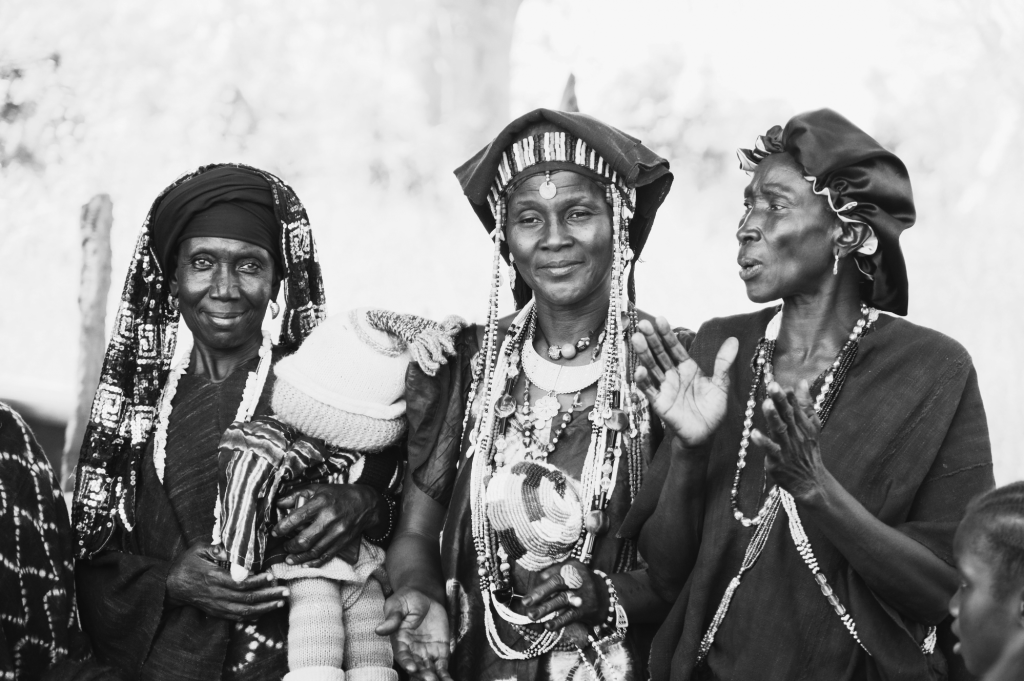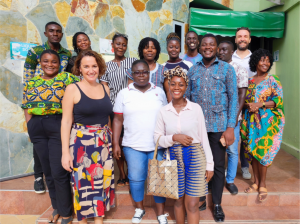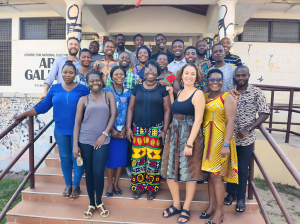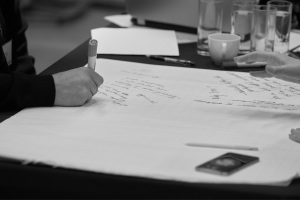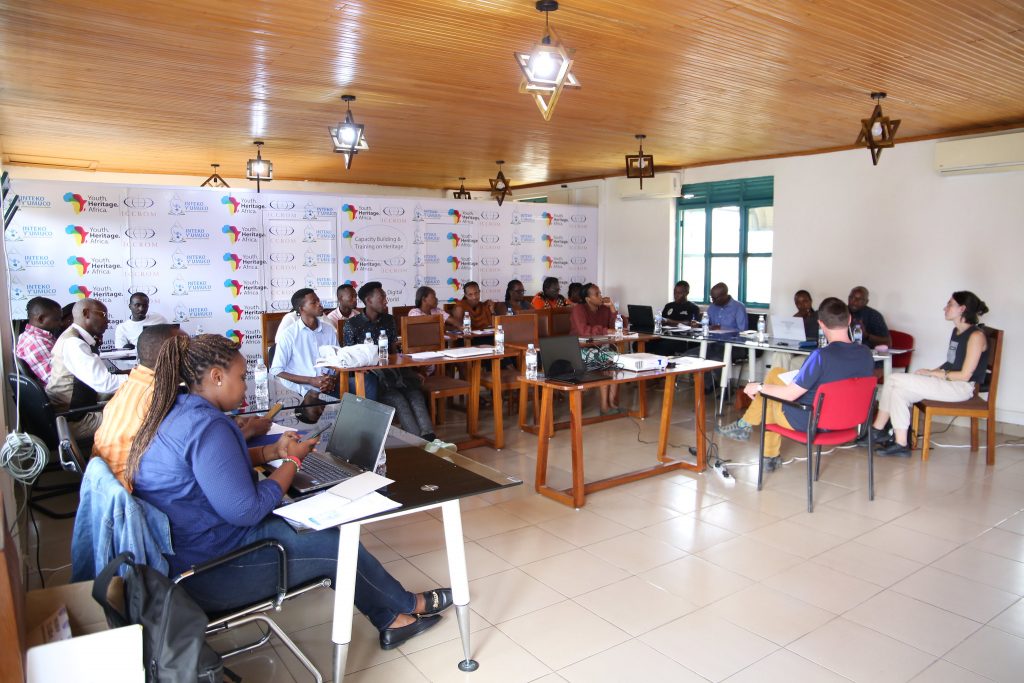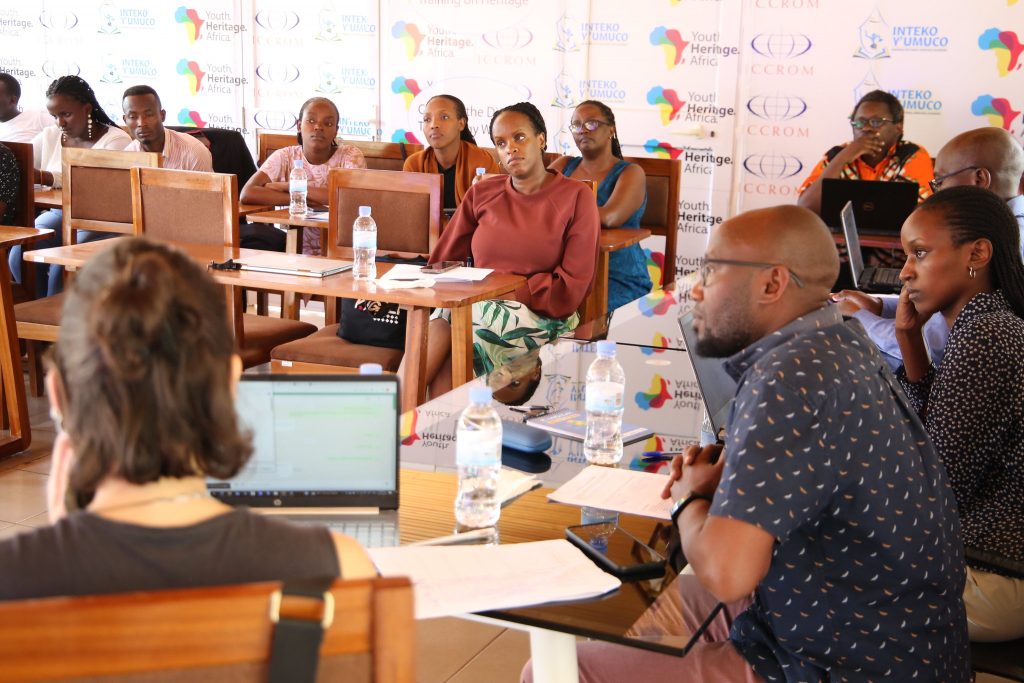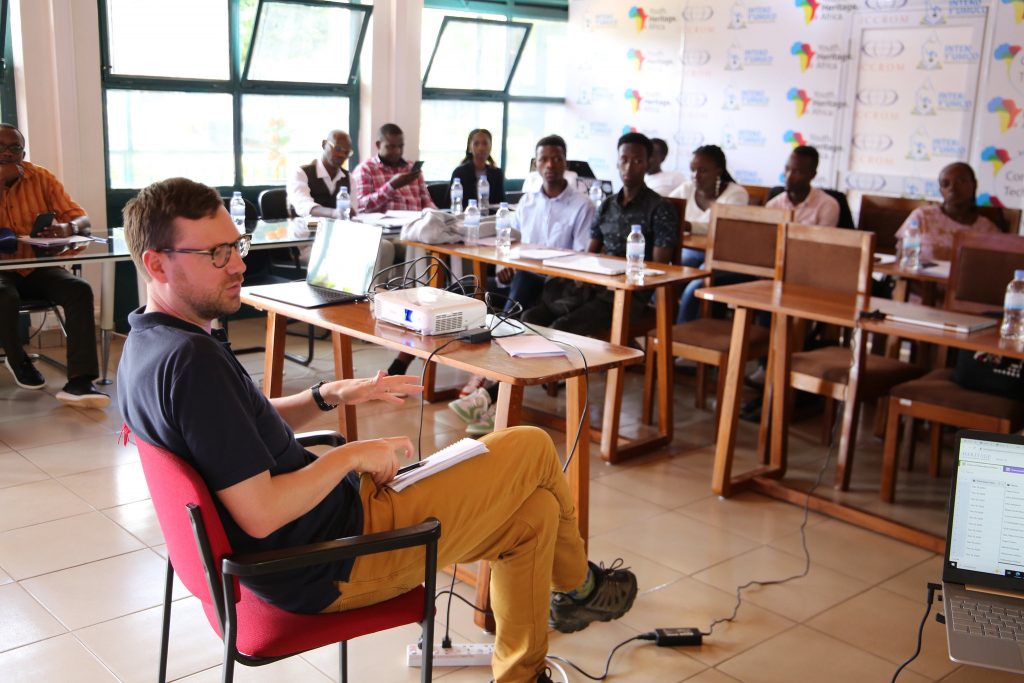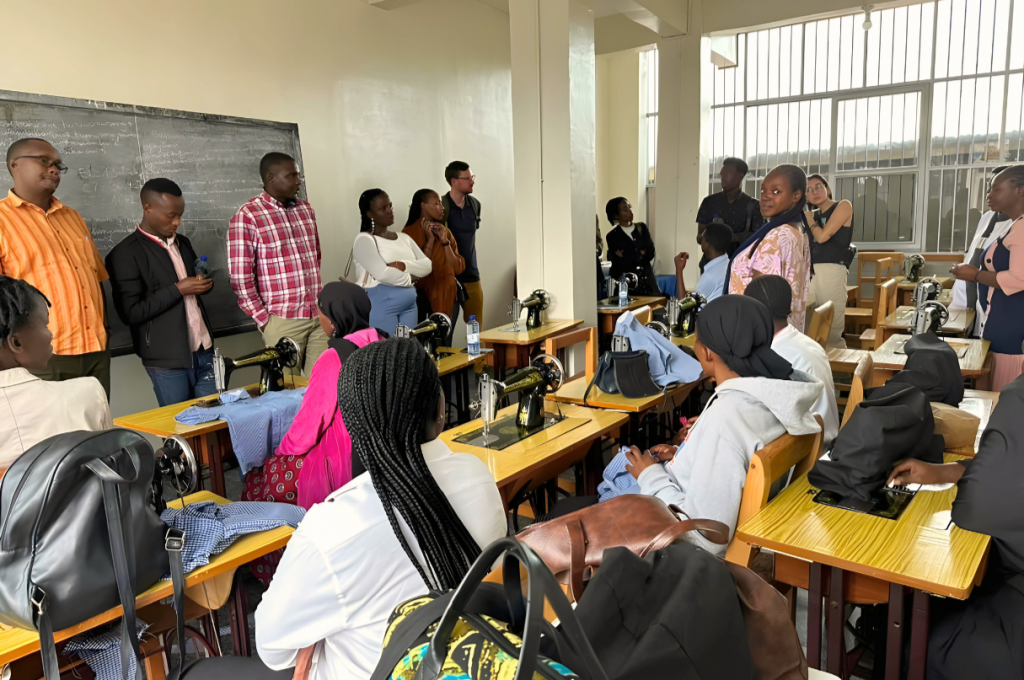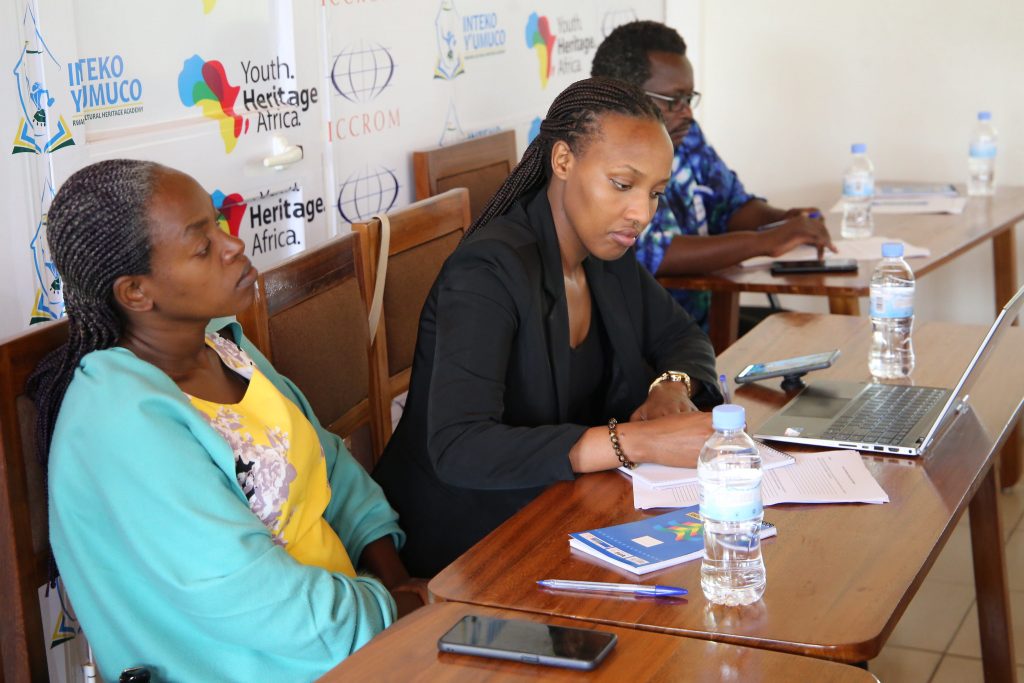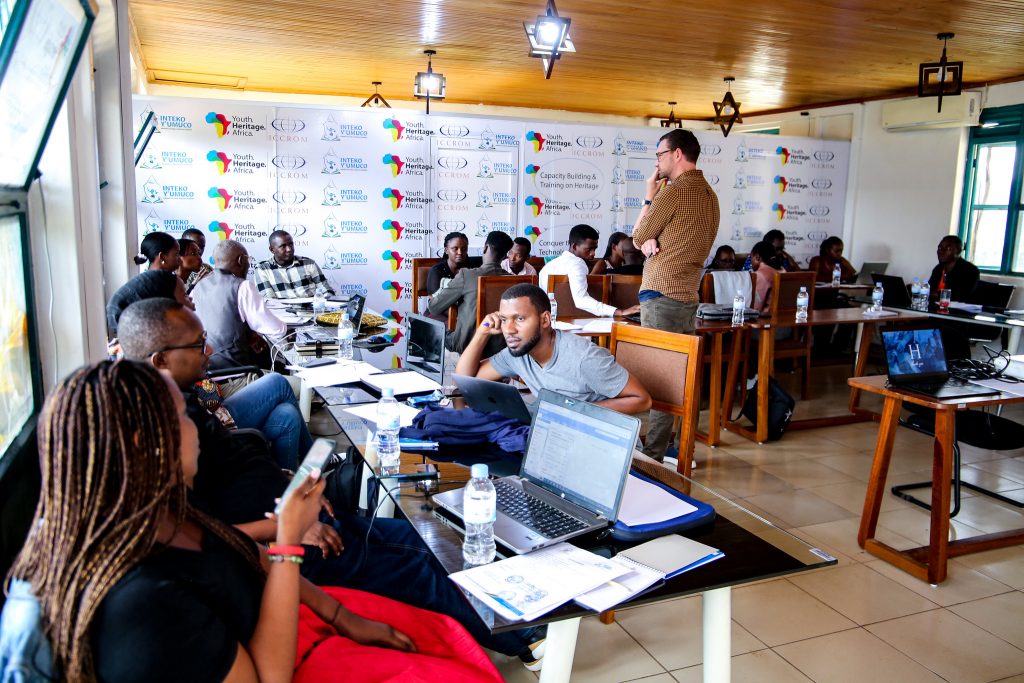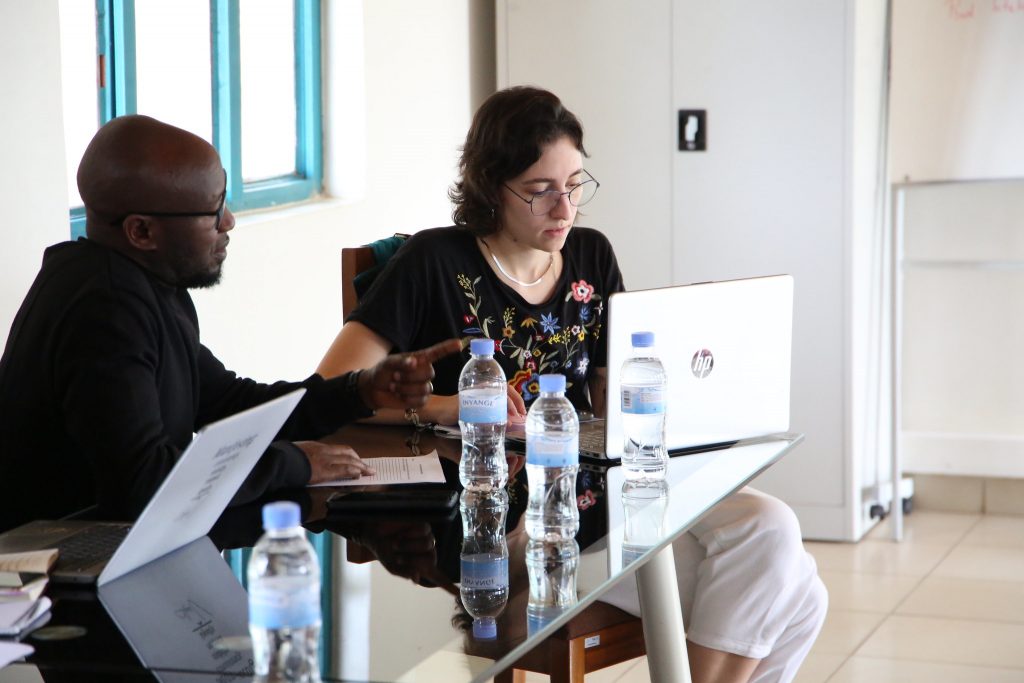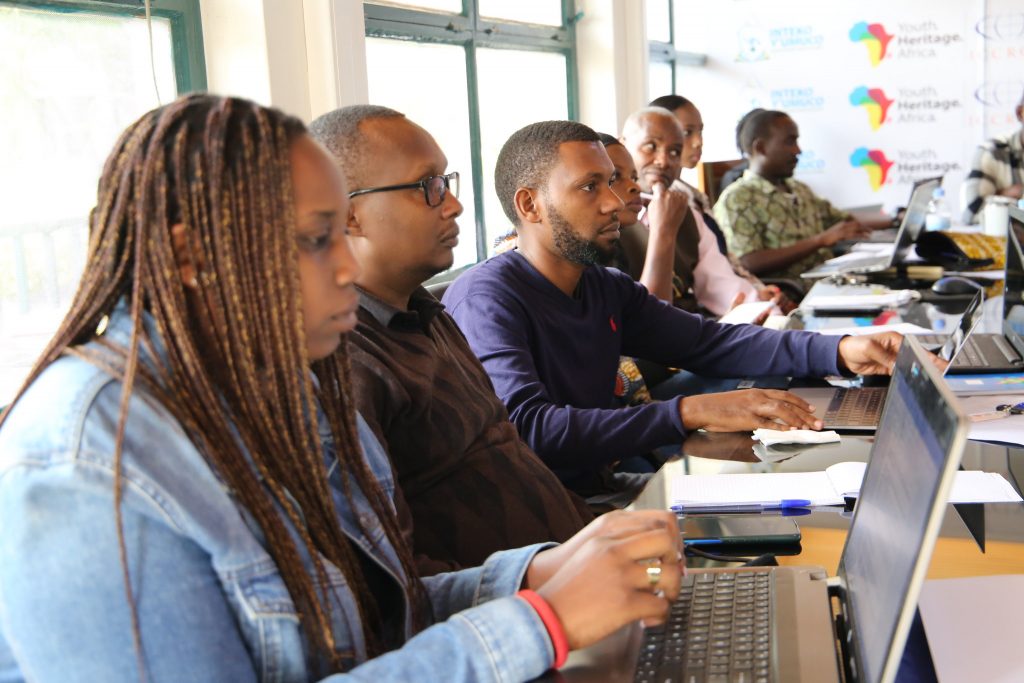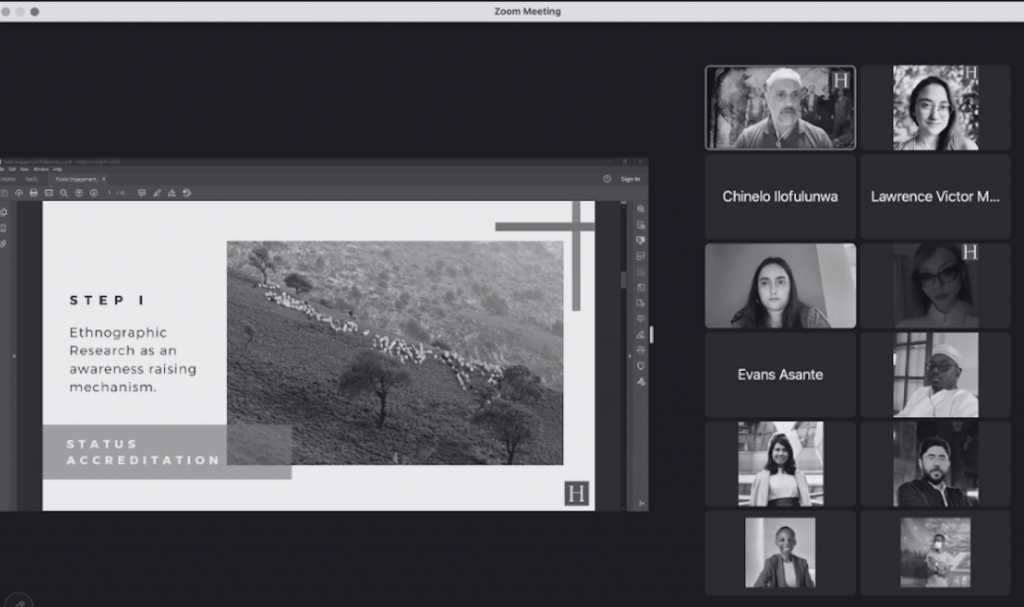: Workshops
Community & Economic Development: Introducing a new workshop
By Dr. Paul Burtenshaw
Cultural heritage managers are facing a variety of pressures in managing the economic aspects of heritage resources. Sites are increasingly looked upon as assets for local and national sustainable development, including job creation. Development of tourism at sites can often come with expectations to boost local or national economies. Organizations and authorities are often asked to diversify funding streams. This could include adding commercial elements to their operations – shops, products, events – to enhance stretched public budgets. And the language of heritage value now includes economic and quantitative perspectives – from approaching heritage as resources or capital to providing evaluative evidence to justify funding.
These pressures come with opportunities and pitfalls. Heritage managers increasingly need the knowledge and skill to navigate ‘economic value’ and understand how to utilize it to achieve their own cultural, social and sustainability goals.
The idea of this brand new workshop which will take place on 14-16 February, is to equip heritage managers with the capacity to understand the language of economic value, how to communicate it, and how to manage it for the sustainability of sites and their values. This includes a firm understanding of the motivations for mobilizing cultural resources for economic benefit and the different strategies that could be employed to achieve different goals. Importantly this includes an appreciation of the feasibility of, and limits to, such strategies and approaches to data collection to understand the success, or not, of attempts.
The workshop will guide attendees through the development of a plan for the creation of economic benefits for their own case studies, applying strategies to their own individual needs. This could include raising money to put sites on a surer economic footing, mobilize heritage as a sustainable resource for local businesses, or collect data to better demonstrate the value of heritage to partners and communities. As a result of the course attendees will be able to implement economic development strategies in their own locations.
*Dr Paul Burtenshaw is an expert in heritage economics, heritage tourism and how cultural heritage supports sustainable and community development.
**Find out more and apply for the workshop here.
Empowering Heritage Practitioners in Ghana: Insights from Workshops in Winneba and Accra
In December 2023, two landmark community engagement in cultural heritage workshops took place in Winneba and Accra, Ghana, bringing together dedicated heritage managers from various regions. These workshops, part of HERITΛGE’s HerMaP Africa program and supported by the Mellon Foundation’s Humanities in Place program, aimed to equip participants with the tools and insights to actively engage communities, navigate cultural complexities, and delve into the rich tapestry of oral history.
The Accra workshop began on Wednesday 6th December with interactive presentations to 22 attendees by Dr. Aris Anagnostopoulos, Dr. Lena Stefanou and HERITΛGE director, Dr. Evangelos Kyriakidis. On day two (Thursday 7th) attendees had the chance to explore heritage projects close to their hearts and present in small groups on how they might stimulate local engagement. The projects presented included the Mystic Ayi Tree, traditional Ghanian fabrics, oral storytelling traditions and the history of the famous priest Okonfo Anokye. The final day (Friday 8th) was dedicated exclusively to exploring oral history in heritage contexts. The theories and techniques of preserving oral history were presented to the participants and they were later asked to conduct mock interviews about one group member’s childhood. Following on from this, each group produced an interview report which would help guide them in future oral history research.
The following week the same workshop was conducted in Winneba from Monday 11th-Wednesday 13th December. Although this workshop involved fewer participants (up to 18 on the final day a broad range of heritage ideas and projects were explored. The group exercise, this time conducted on day 1, produced ideas about promoting tourism through sculptural monuments in Efutu region, promoting widow’s rights in the Deogo communities and a “reclaiming our roots” festival. The discussions were lively and raised some crucial ethical questions about how a heritage practitioner should involve his or herself in cultural practices. On day two we introduced a new “Who are your Communities” exercise in which participants identified and presented their community and its values. The final day, as in Accra, confronted oral history in heritage contexts. Once again it was very encouraging to hear such a diversity of approaches, questions and opinions and each group produced a helpful report to take away.
All in all, we are very excited about how the workshop went and look forward to the potential for future expansion into other areas of Ghana.
Nurturing Cultural Leadership in 2024: Last Chance to apply for two HERITΛGE Workshops
Welcome to a new year of cultural exploration and professional growth with HERITΛGE! As we navigate the evolving landscape of heritage management, at HERITΛGE we are thrilled to be counting down to two compelling workshops in early 2024, each designed to empower cultural professionals and propel you forward in your journey. Don’t miss your chance to apply for:
Organising Temporary Exhibitions from your Collections and Touring Strategies
Date: February 2-4, 2024
Location: Online Training Program
Application Deadline: January 25, 2024
Unlocking the Power of Temporary Exhibitions: Embark on a three-day journey into the world of temporary exhibitions, exploring their potential to enhance institutional missions, attract new audiences, and generate revenue. From building an institutional strategy to shaping compelling narratives, this workshop is your gateway to mastering the art of curating impactful exhibitions.
Strategies for National and International Touring: Discover the complexities of touring exhibitions beyond institutional walls. Gain practical insights into logistics, audience engagement, and navigating the global cultural landscape. The workshop encourages active participation, allowing you to bring your ideas and projects to the table for discussion and refinement.
Scholarship Opportunities: HERITΛGE believes in making cultural education accessible. Avail yourself of our scholarships, covering up to 90% of the attendance cost.
Apply here.
Brand New! Community and Economic Development Workshop
Date: February 16-18, 2024
Location: Online Training Program
Application Deadline: January 25, 2024
A New Frontier for Heritage Management: Step into uncharted territory with HERITΛGE’s inaugural workshop on Community and Economic Development. Cultural heritage managers play a pivotal role in demonstrating and creating economic benefits for local, regional, and national economies. In the aftermath of COVID-19, this workshop equips you with the knowledge and strategies to meet these challenges head-on.
Comprehensive Curriculum: Explore the motivations, limits, and various strategies for mobilizing cultural resources for economic benefits. Learn how to measure and communicate economic impacts effectively. The hands-on component guides you through developing a customized plan for creating economic benefits in your own case studies.
Pioneer Cultural Heritage for Economic Development: HERITΛGE invites cultural heritage managers and enthusiasts to be pioneers in the evolving field of cultural heritage economic development. Shape the future of heritage management and contribute to the well-being of your community. Apply now before the January 25, 2024, deadline, and embark on a transformative journey toward creating lasting economic benefits through cultural heritage.
Apply here.
Join us in these enriching workshops, where you’ll gain valuable insights, connect with industry experts, and contribute to the cultural landscape in meaningful ways. Apply now and become a catalyst for positive change in the world of heritage management and beyond.
Empowering Communities: Innovative Workshops on Community and Economic Development in Rwanda
HERITAGE’s Dr Paul Burtenshaw, an expert in heritage economics, heritage tourism and how cultural heritage supports sustainable and community development, conducted two workshops on Community and Economic Development in Rwanda last month, from the 13 th -15 th and the 16 th -18 th November. The workshops are part of our HerMaP Africa initiative, kindly supported by the Mellon Foundation’s Humanities in Place program. They were produced by HERITΛGE’s Rwanda programs Manager, Eirini Oikonomidi.
The first workshop (13 th – 15 th November) bought together 26 heritage and tourism practitioners in a venue provided by RCHA (Rwanda Cultural Heritage Academy) in Kigali: the Kandt House Museum. Half the participants were from the RCHA and the other half from the RCTA (Rwanda Community Tourism Association). The building itself was an early 20 th century German colonial administrative centre but has since been renovated (2004) and houses a museum of Natural History as well as an exhibition (since 2017) detailing the history of Rwanda before and after German colonisation.
The second workshop (16 th -18 th November) was conducted at Red Rocks cultural centre in Musanze district in the Northern Provenances. It trained 13 members of the RCTA, most of whom aged under 30 years old.
This is the first year HERITΛGE is offering the Community and Economic development workshop in person and online. The workshop has three main objectives:
- To provide the attendees with a firm understanding of the motivations for mobilizing cultural resources for economic benefit. At the same time acknowledging the limits of that mobilisation and how economic impacts are measured and communicated.
- To help attendees develop a plan for economic benefits: focussing on selecting strategies, setting goals and making judgement calls.
- Enabling attendees to implement a complete economic development strategy in their own locations.
On one day of the Kigali workshop, the participants visited the NWC (the Nyamirambo Women Centre) which was a great insight into the work of a local community-focused NGO. The NWC works to promote and empower women through capacity development and employment. At the moment the NWC employs 50 women as seamstresses in a self-sustaining project in which profits are used to fund further initiatives. At the Musanze workshop our hosts, Red Rocks, also engage with promoting the heritage and economies of local communities. It was a valuable experience to see how they worked.
All in all, both workshops were extremely enjoyable, and we look forward to seeing how all 39 participants now come to incorporate their new skills and knowledge into local projects.
Unlocking the Power of Community Engagement: HERITΛGE Workshops Lead the Way
In a rapidly changing world, the role of community engagement has never been more critical for cultural heritage. HERITΛGE’s mission is to empower heritage managers with the skills and knowledge needed to make a difference through community engagement. Our recent three-day workshop equipped 16 heritage professionals from around the world with the tools to engage with their communities, bridge cultural differences, and preserve our shared heritage.
Community engagement is not just a buzzword; it’s the linchpin of heritage preservation. HERITΛGE recognizes that communities are not monolithic entities; they are diverse, dynamic, and rich with unique traditions, perspectives, and values. To truly honor these differences, a cookie-cutter approach won’t suffice. We believe in the power of community-led initiatives and social research to foster engagement that resonates with the specific cultural and social dynamics of each group.
Our recent workshop, held from 27 to 29 October 2023, brought together heritage managers from Africa, North America, Asia, and Europe. These dedicated professionals were not just participants; they were change-makers in the making. Through a combination of lectures, discussions, and hands-on exercises, they delved into the heart of community engagement, exploring methodologies grounded in ethnography and oral history.
Understanding Community Engagement as a Process
One of the key takeaways from the workshop was the profound understanding of community engagement as a dynamic process over time. Participants learned that this approach is not just a strategy but a fundamental aspect of heritage management.
Overcoming Key Challenges
Working with local communities can be challenging, and the workshop equipped our participants with essential knowledge about the primary obstacles they may encounter. With this understanding, they are better prepared to navigate these challenges effectively.
Creating Tailored Engagement Initiatives
The workshop’s focus on understanding the unique traits, requirements, and capacities of different communities was a game-changer. Participants left with the skills to develop engagement initiatives that are specific to each community’s distinct characteristics, needs, and capacities.
Distinguishing Between Communities and Audiences
One of the key lessons learned was the importance of distinguishing between communities and audiences. This insight is invaluable in designing engagement strategies that resonate with each group.
Introduction to Ethnographic Approaches
The workshop introduced participants to ethnographic methodologies, fostering the creation of collaborative research-driven community engagement initiatives. This hands-on experience allowed them to understand the communities they work with on a much deeper level.
Oral History Techniques
Oral history, a powerful tool for eliciting and documenting both tangible and intangible heritage, was another focal point of the workshop. Participants acquired knowledge about the methods and techniques used in oral history, making them proficient in preserving and sharing heritage through storytelling.
A Deeper Appreciation for Heritage
Throughout the workshop, participants gained a profound appreciation for the inherent values associated with heritage. They left with a renewed sense of purpose and a commitment to preserving our cultural and natural treasures.
What’s Next?
The journey doesn’t end with the workshop. A follow-up tutorial session is scheduled for 6 November, offering participants the opportunity to seek guidance, ask questions, and receive expert advice on enhancing their final assignments.
Meet the Instructors
The HERITΛGE workshops were led by a team of expert instructors:
- Dr. Evangelos Kyriakidis, the founding Director of HERITΛGE, brings a wealth of knowledge in Mycenaean administration, Minoan religion, and iconography.
- Dr. Aris Anagnostopoulos, manager of community engagement programs, specializes in the politics and poetics of the material aspects of the past in the present.
- Dr. Eleni Stefanou, manager of programs in Ghana, is an archaeologist and specialist in museum and heritage studies.
At HERITΛGE, as we look to the future, we are excited to see the impact these dedicated professionals will make in their respective regions and the global heritage community.
HERITΛGE also offers an annual summer school in community engagement. Find out more and apply here.
2023-2024 Training Calendar for Heritage Professionals
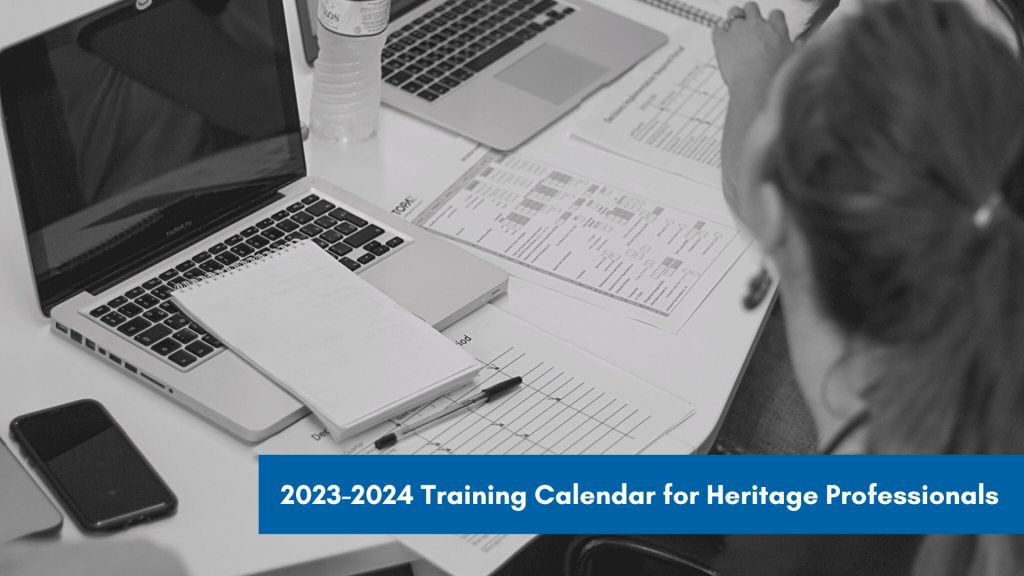 Introduction to Heritage Interpretation for Site Managers | 6 – 8 October 2023
Introduction to Heritage Interpretation for Site Managers | 6 – 8 October 2023
Transform a visit into a captivating experience. Acquire the skills to create meaningful and unforgettable experiences for visitors, during this 3-day online workshop. Only accepting last-minute waiting list applications.
Project Management for Heritage Managers | 7 – 9 October (US only) & 9 – 10 December 2023
This intensive 3-day online workshop led by Tim Healing will show participants the way to run a successful project from inception through planning to implementation and closure. A special US pilot program is still accepting last-minute applications.
Engaging Communities in Cultural Heritage | 27 – 29 October 2023
During this 3-day workshop, we aim to develop a different approach to community engagement based on social (and art) research with community-led initiatives. By adopting a research-led approach, we can foster collaborative design and actions that truly resonate with the unique cultural and social dynamics of each specific group or community, as well as their interactions with others. We will explore methodologies grounded in ethnography and oral history, while also engaging in practical exercises to reinforce learning.
Interpretive Writing for Natural and Cultural Heritage | 10 – 12 November 2023
Written text that grabs and holds the visitor’s and reader’s attention is the key to effective word-based heritage interpretation. During this 3-day online workshop with Steven Richards-Price you will discover and practice a wide range of techniques to engage visitors and master the techniques of interpretive writing.
Climate Change, Community Engagement & Interpretation | 1-3 December 2023
Brand new, 3-day workshop on climate change, heritage interpretation, and community engagement that seeks to empower participants with the tools and skills necessary to engage local communities in climate action through the lens of heritage interpretation.
Temporary Exhibition Design: Agile Exhibitions in a rapidly changing environment | 2-4 February 2024
This up-to-date 3-day workshop focuses on how temporary exhibitions can enhance and promote an institution’s mission, create new audiences and generate revenue, from building an institutional strategy for exhibitions and partnership-building to planning and putting on temporary exhibitions for display at home and on tour. Attendees are encouraged to bring their own ideas and projects to the workshop and time is allocated for 1:1 consultation with the workshop facilitators.
Community and Economic Development | 16-18 February 2024
Cultural heritage managers increasingly have to both demonstrate and create economic benefits for local, regional, and national economies. This workshop will provide attendees with a firm understanding of the motivations for mobilizing cultural resources for economic benefit; the limits of that mobilization; different strategies for creating economic benefits; and how economic impacts are measured and communicated. The workshop will then guide attendees through the development of a plan for the creation of economic benefits for their own case studies, including the development of goals; selecting appropriate strategies; judging economic feasibility; and monitoring and evaluation procedures. As a result of the course attendees will be able to implement economic development strategies in their own community.
Communication Strategy & Strategic Marketing for Cultural Organizations | 8-10 March 2024
You have organized the best exhibition of the year or set up a ground-breaking educational program. You have worked hard with curators, conservators, educators, and everything is ready to rock, but now you wonder… how can I bring people in? How can I reach my audience, and what should I be telling them? This 3-day course is a focused learning experience that provides a systemic approach to successfully attract key audiences’ attention through traditional, new, and social media.
Fundraising for Cultural Heritage Organizations | 22 – 24 March 2024
This 3-day workshop provides a survey of fundraising strategies and skills needed to start-up and build an organization’s contributed revenue with the aim of increasing its impact in the world. Participants learn best practices and apply them to create the case for support and letter of inquiry for their own organization or project.
Conservation II: First Aid for Finds | 12-14 April 2024
The workshop will provide step-by-step instruction on the best practices in the care of freshly excavated archaeological and historic objects as well as in the care of objects belonging to collections that have just been damaged. It will also examine the case of providing first aid measures to architectural heritage. It will go through all the processes that are essential during preparation, application of treatments and monitoring.
Strategic Planning for Heritage Managers| 26 – 28 April 2024
Strategy is a key factor for success in all areas of human activity. This 3-day interactive course aims to provide the tools and methodologies to effectively address the topics of successful strategy formulation and implementation in organizations managing cultural heritage in today’s complex environment.
Conservation I: Introduction to the General Principles of Cultural Heritage Conservation | 24 – 26 May 2024
Following the success of your first Conservation workshop in 2023, we are again accepting applications for this 3-day interactive course that aims to teach the principles and objectives of conservation, and in so doing to introduce its methodology. The workshop will deliver the fundamentals, the ethics, the evolution, and the contemporary international context of conservation.
HERITΛGE provides scholarships to most participants in its training programmes. These scholarships can cover up to 90% of the cost of attendance, depending on the circumstances of the participants and the availability of funding. On average, participants contribute around 300 euros to attend one of our 3-day training workshops.

